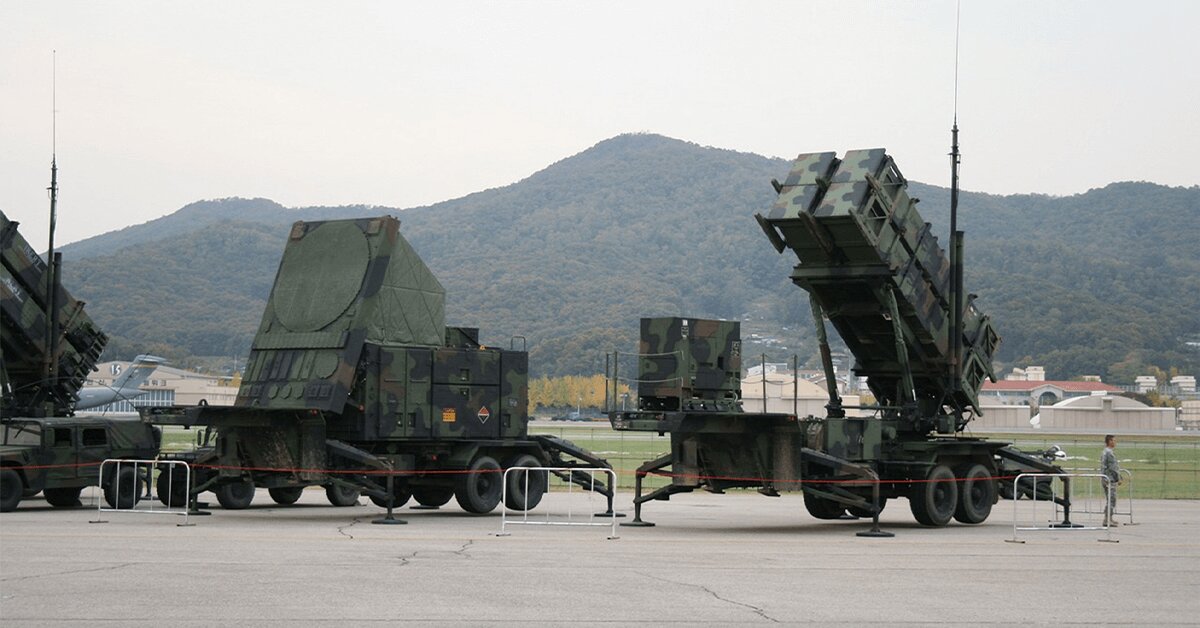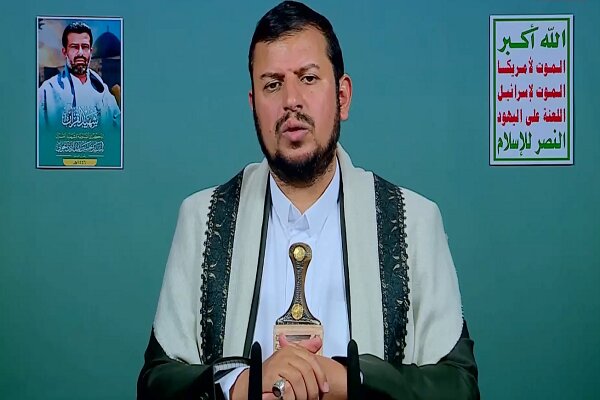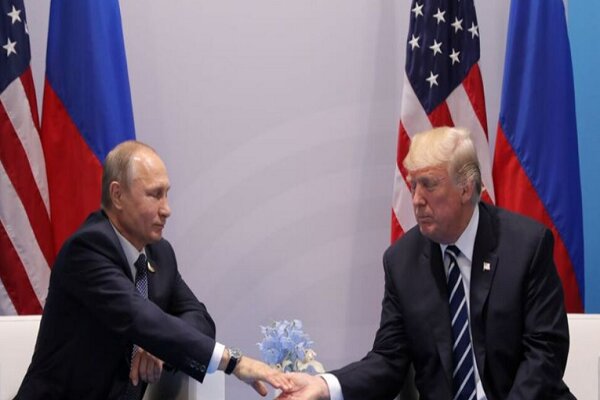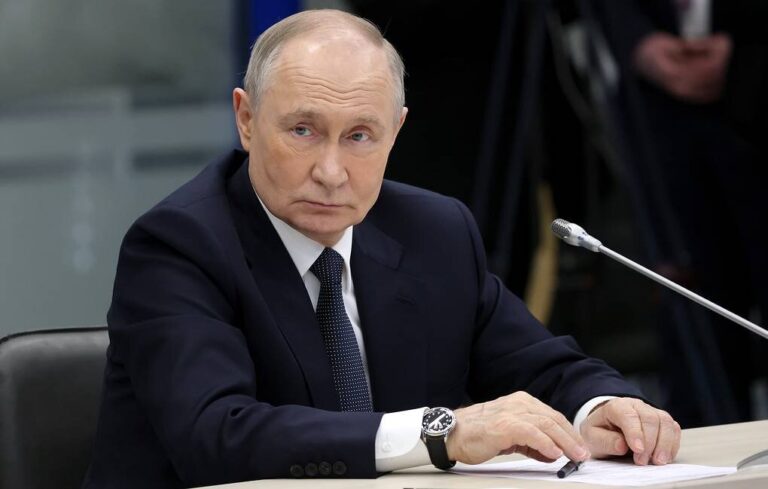US Approves Upgrade and Re-Certification of Patriot Missiles for Kuwait: Strengthening Defense Capabilities
The recent approval from the US Department of State for the potential sale of upgraded Patriot missiles to Kuwait marks a significant moment for the Gulf nation’s defense capabilities. With a price tag of $400 million, this decision highlights Kuwait’s ongoing commitment to maintaining and enhancing its air defense systems, while also reinforcing its strategic partnership with the United States.
According to the Pentagon, the principal contractor for this deal will be RTX Corporation. The agreement focuses on upgrading Kuwait’s existing stockpile of Patriot PAC-2 Guidance Enhanced Missiles (GEM) and Patriot Guidance Enhanced Missiles-Tactical (GEM-T), which plays a crucial role in the nation’s air defense strategy.
This development goes beyond a mere transaction; it reflects a deeper evolution in Kuwait’s military strategy amidst a complex regional landscape. The upgrade and re-certification process of the Patriot systems is a detailed endeavor that ensures older missiles can effectively respond to contemporary threats.
Since its inception in the 1980s, the Patriot system, originally developed by Raytheon and now part of RTX Corporation, has been a cornerstone of air defense. Here are some key points regarding the system and its upgrades:
- The PAC-2 variant was specifically designed to intercept aircraft and cruise missiles.
- Upgrades such as GEM and GEM-T enhance the system’s capability to counter tactical ballistic missiles.
- Kuwait’s acquisition of these systems dates back to the early 1990s, following Iraq’s invasion.
- The operational life of PAC-2 missiles can potentially be extended from 30 to 45 years through re-certification.
The timing of this deal raises important questions regarding regional security dynamics. As Kuwait’s Patriot systems have been in service for over three decades, the necessity for upgrades is critical. A 2013 Raytheon report emphasized the need for maintenance and re-certification, especially given Kuwait’s harsh desert climate, which can accelerate wear on sensitive electronic components.
Moreover, logistical challenges are significant. The need for a consistent supply of spare parts is paramount for maintaining older systems, particularly as production has shifted towards newer models like the PAC-3 Missile Segment Enhancement (MSE). The inclusion of “stockpile reliability testing and inspection” in the deal indicates an understanding of these challenges, ensuring that Kuwait’s arsenal remains operational and effective.
Beyond logistical concerns, the $400 million investment could signal subtle pressures from Washington. This investment aligns Kuwait’s defenses with US systems, promoting interoperability in a region where American military presence is substantial. Here are some additional insights:
- Kuwait hosts thousands of US troops, making its air defenses crucial to a broader military network.
- The emphasis on “support from field service representatives, technicians, mechanics, and other support personnel” suggests a continued American presence in the region.
- This reliance on external expertise raises questions about the extent of Kuwait’s independence in operating these complex systems.
In conclusion, the approval of the Patriot missile upgrade deal underscores the importance of modernizing Kuwait’s defense capabilities while maintaining a strategic partnership with the United States. As regional dynamics evolve, Kuwait’s commitment to enhancing its military readiness reflects a proactive approach to ensuring national security.
This agreement not only strengthens Kuwait’s air defense but also reinforces the collaboration between Kuwait and the US, which is crucial in navigating the complexities of the Middle East. The implications of this deal will be closely monitored as it unfolds, signaling potential shifts in military strategy and regional stability.
Source: Arab Weekly






